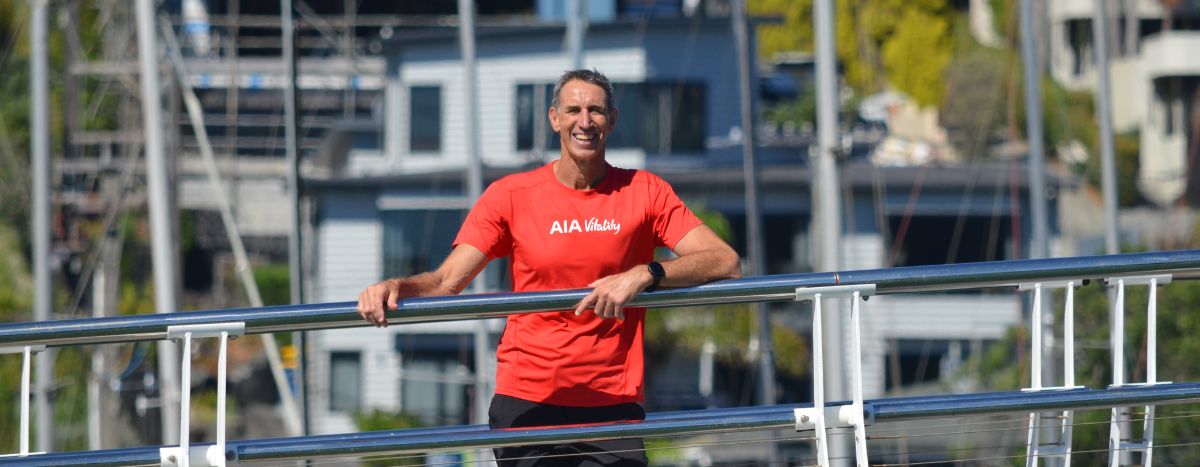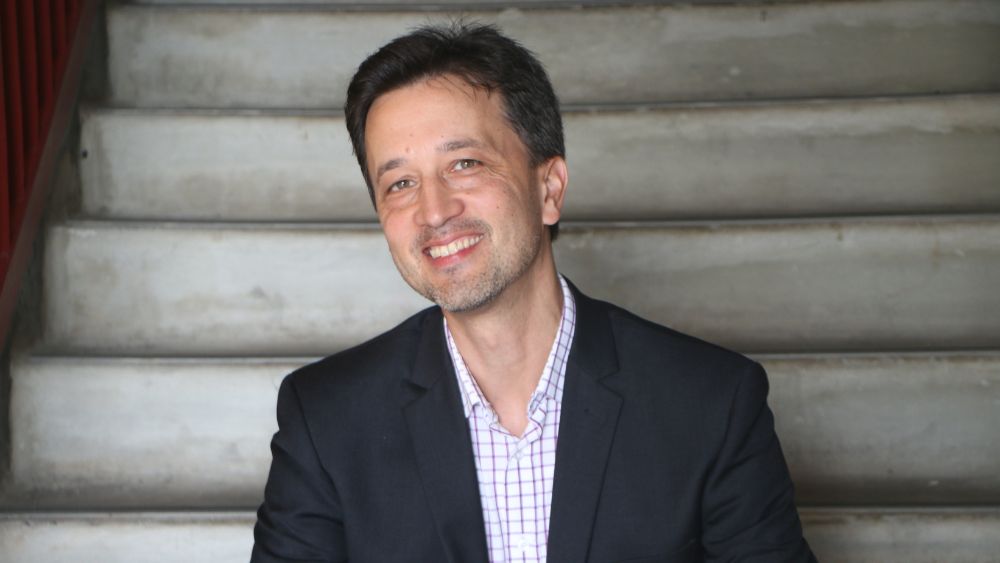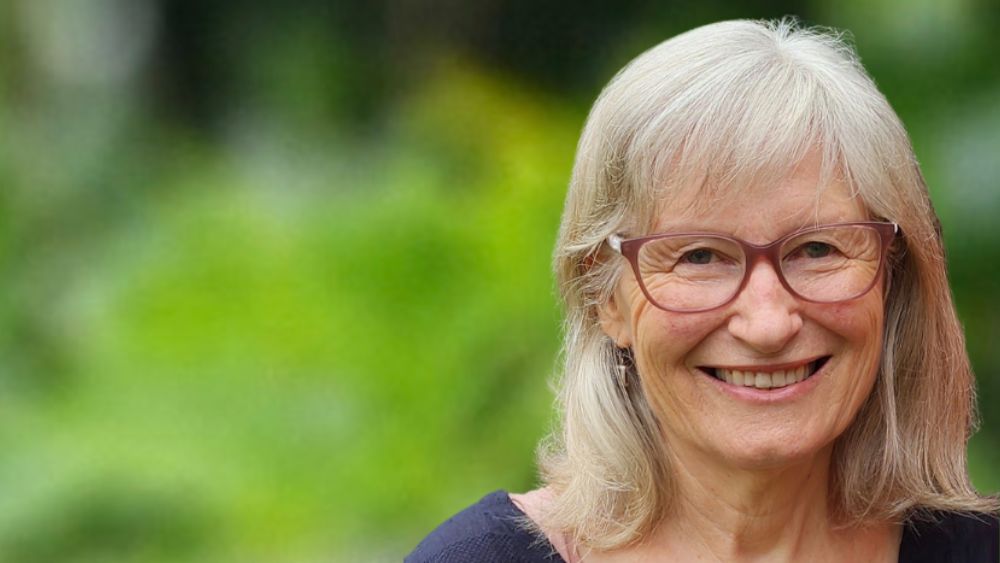In a world where human connections are increasingly crucial for our wellbeing1, Ian Jones, former All Black and proud AIA Vitality Ambassador, is an advocate for the transformative power of community
The Eddie’s Meals community
Together with my family, we run a community food kitchen named Eddie’s Meals, hosted on the first Friday of every month at Rosmini College in Takapuna from 6pm where everyone is welcome to come along, share a meal and connect with eachother. We’ve been very blessed as a family, and this venture allows us to share our blessings and connect with others. For me, it’s not just about feeding the hungry but also fostering connections among the people who choose to spend their evenings with us. Through Eddie’s Meals, we have created a space where people can share their stories and find a sense of belonging.
Eddie’s Meals isn’t just a community service, it’s a beacon of hope for those feeling isolated. It gives them something to look forward to, a purpose, and most importantly a community where they feel they belong.
The rugby community
Another community that holds a special place in my heart is the New Zealand rugby community. In this community, I’ve experienced an unparalleled sense of unity, strength, and connection to a rich cultural and athletic legacy.
I have been a part of the rugby community for decades, proudly representing New Zealand as an All Black for over 11 years. Common interests and shared goals form the backbone of this community - I’ve learned about my own strengths and weaknesses, as well as those of others, which has really supported my growth. For me, the true power of a community is the support you receive when you're striving for your goals.
Another community that holds a special place in my heart is my fitness training groups. This community provides me with a routine and schedule that helps me feel more in control, which contributes positively to my wellbeing. Being part of training groups means I have likeminded people around me who are willing to offer a safe space with advice and support.
The haka: a symbol of unity
My love for the rugby community doesn’t stop there. It extends to the rugby field where I have experienced one of New Zealand’s strongest expressions of cultural pride – the haka.
I performed the haka for the first time behind the All Blacks’ captain at the time, Buck Shelford. He made sure we understood the reason why we do the haka and the importance of it. In that moment, I mentally became an All Black.
Buck played a huge role in educating the team about the wairua (spirit) of the haka. He instilled in us that when we performed the haka, we were laying down a challenge and declaring our readiness to bring our A-game. Buck taught us to perform the haka with deep intensity, connecting us to the history and legacy of the All Blacks and creating an invincible force.
I believe the haka is more than just a pre-game ritual; it’s a physical manifestation of our community. When the All Blacks perform the haka, it’s as though New Zealanders worldwide join them in spirit, creating a team of five million.
One of my most memorable haka moments happened off the field. After winning a test series in South Africa, for the first time in 1996, the non-players, led by Eric Rush and Jonah Lomu, performed a fiery tribute haka in the stands for the team – the only time such a thing has been done by non-players for an All Black’s squad. This powerful expression of respect is a testament to the strength and significance of the haka within the All Blacks’ community.
Building your own community
I encourage everyone to feel empowered to form their own communities. Whether you’re feeling a sense of loneliness, struggling with a new situation, or seeking support for a goal, don’t hesitate to reach out to an existing group or start your own.
Share your goals, share your experiences, share your stories. By doing so, you inspire others, learn from them, and build connections that can last a lifetime.
Remember, no matter the size or nature of your community, its power lies in its ability to bring people together, to create a sense of belonging, and to offer support when needed. And as the haka demonstrates, when a community comes together in unity and purpose, it becomes an invincible force.






.jpg)